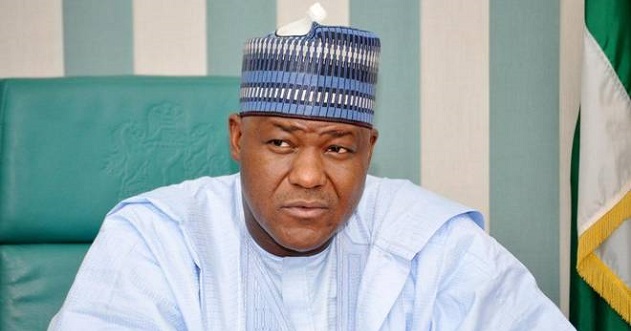Business
Dogara chides govt’s handling of Nigeria’s steel sector

The Speaker of the House of Representatives, Yakubu Dogara, Tuesday said Nigeria has no viable steel sector but keeps utilising millions in tonnes of steel to construct projects which are highly dependent on steel.
He mentioned the Mambilla power project and the Second Niger bridge, among others as parts of such projects.
The Speaker, who gave the hint at the ongoing 2018 Open NASS Week in the National Assembly, Abuja, said the huge amount of money the country was spending on importation of steel from China could be dangerous for the country.
Dogara warned that if the problems facing the nation’s steel sector is not addressed to significantly reduce its dependence on steel importation, the country would end up enriching the Chinese economy and other economies in Europe and America at its expense.
“Point to any nation out there that is industrialised that doesn’t have a robust steel and aluminum sector. Without the aluminum and steel sector, there cannot be industrialisation in Nigeria.
“As we move towards the Mambilla Power Projects, we are utilising millions in tonnes of steel, and if we don’t have a robust steel sector, all the money would go to China, for instance, where we will be importing this steel from.
Read also: NSE ASI falls to 6-week low on sustained profit taking
“The second Niger Bridge is there. If care is not taken, China will also earn all the money. So what are we doing as a government to ensure this doesn’t happen?
“The President of Ghana was speaking recently before an enlightened audience and he spoke of the need for Ghana to have a steel plant and they are starting soon. So if care is not taken, Nigeria, the giant of Africa, will be importing steel from Ghana,” the Speaker said.
Nigeria currently operates a wide trade deficit in favour of China, as the country majorly exports crude oil to the Chinese economy, while it imports raw materials, finished goods, among others from the Asian country.
A trade deficit, also referred to as negative Balance of Trade (BOT), is an economic measure of international trade which implies a country’s imports exceeds its exports, thereby causing a substantial outflow of its domestic currency into the foreign exchange markets.
By Oluwasegun Olakoyenikan
RipplesNigeria… without borders, without fears
Click here to join the Ripples Nigeria WhatsApp group for latest updates.
Join the conversation
Support Ripples Nigeria, hold up solutions journalism
Balanced, fearless journalism driven by data comes at huge financial costs.
As a media platform, we hold leadership accountable and will not trade the right to press freedom and free speech for a piece of cake.
If you like what we do, and are ready to uphold solutions journalism, kindly donate to the Ripples Nigeria cause.
Your support would help to ensure that citizens and institutions continue to have free access to credible and reliable information for societal development.
























